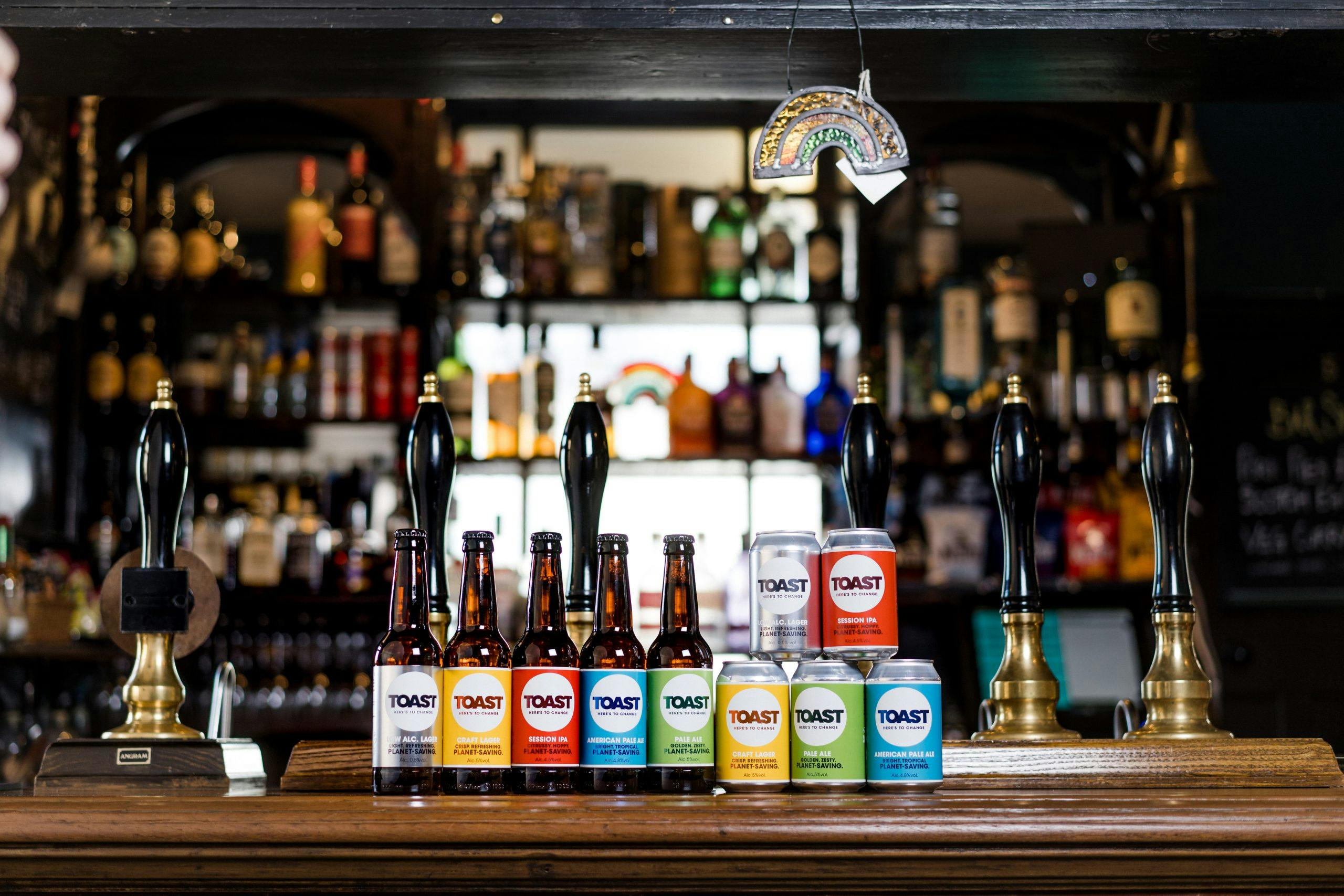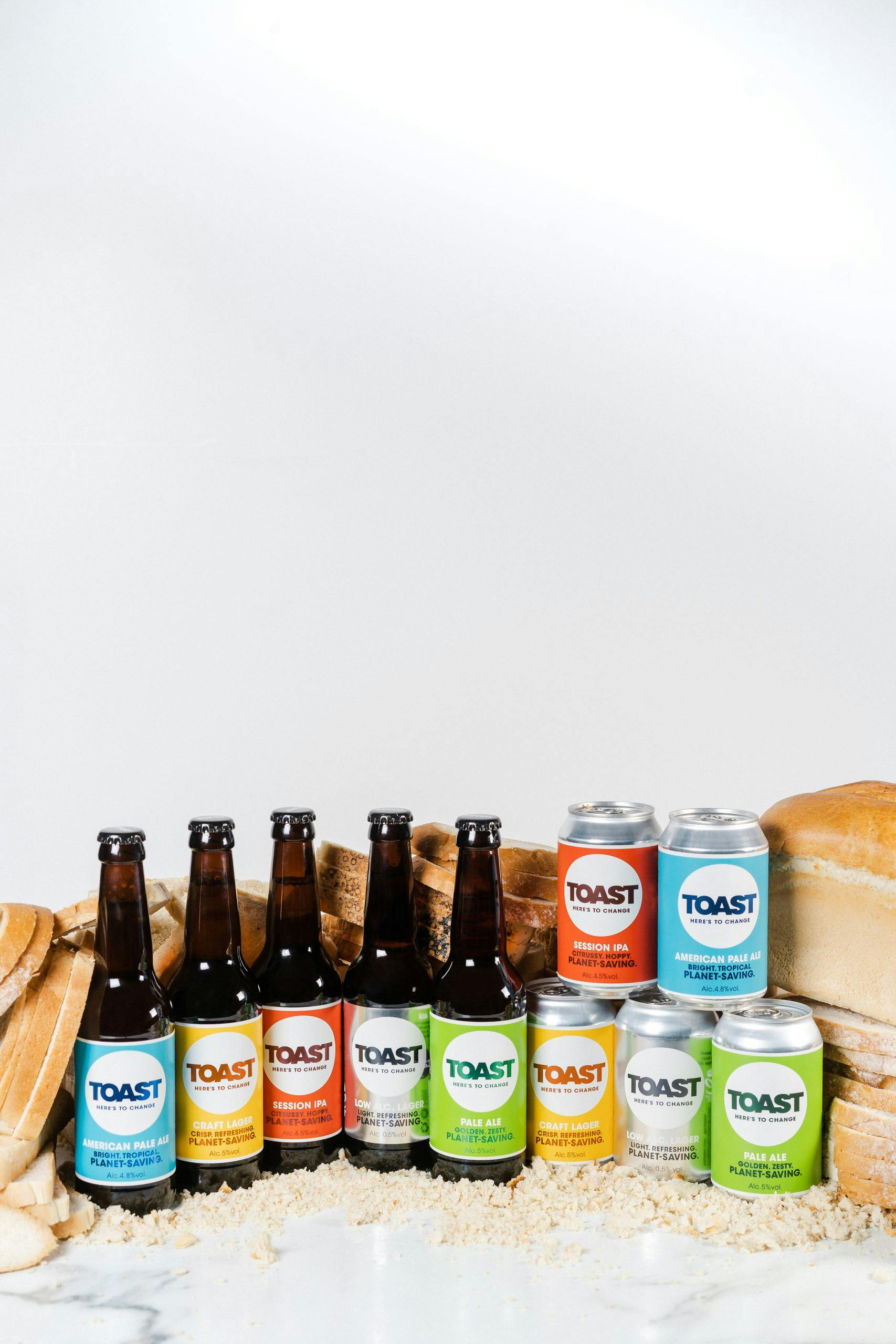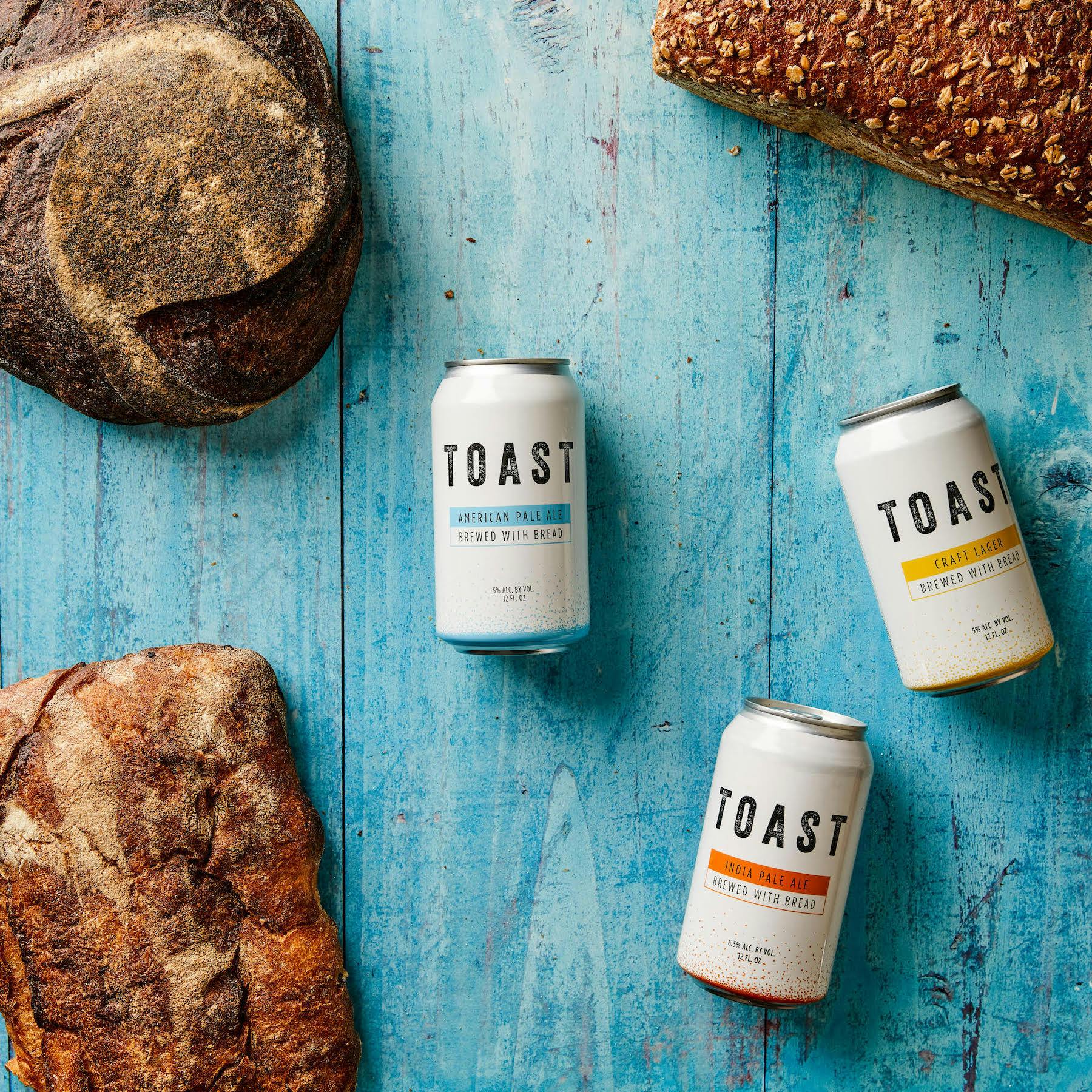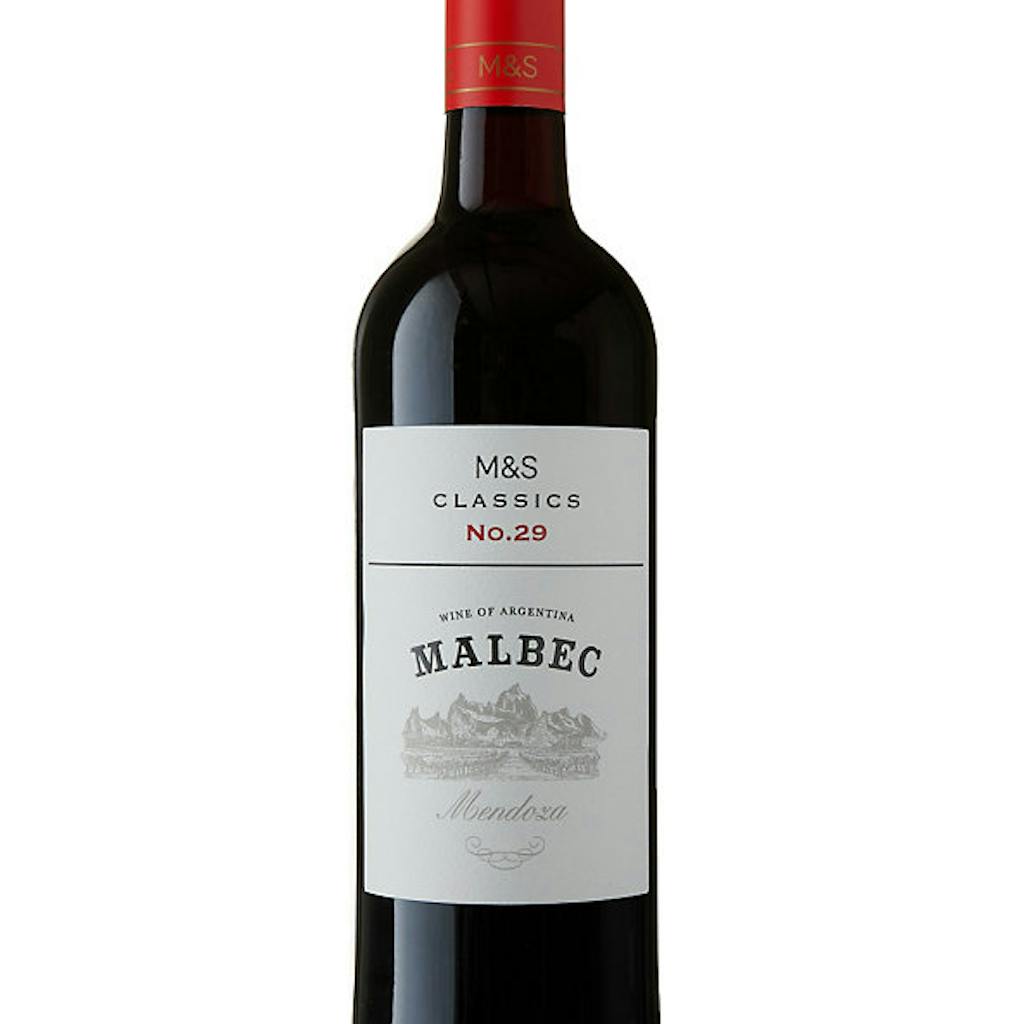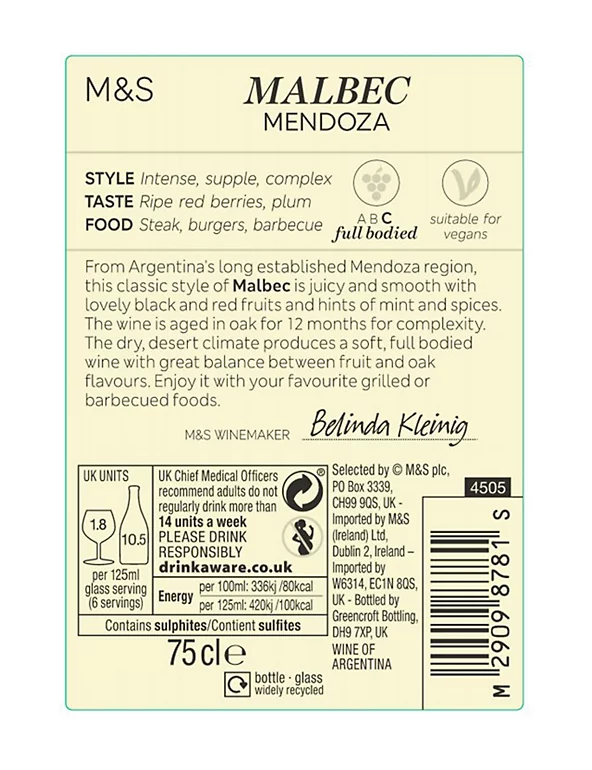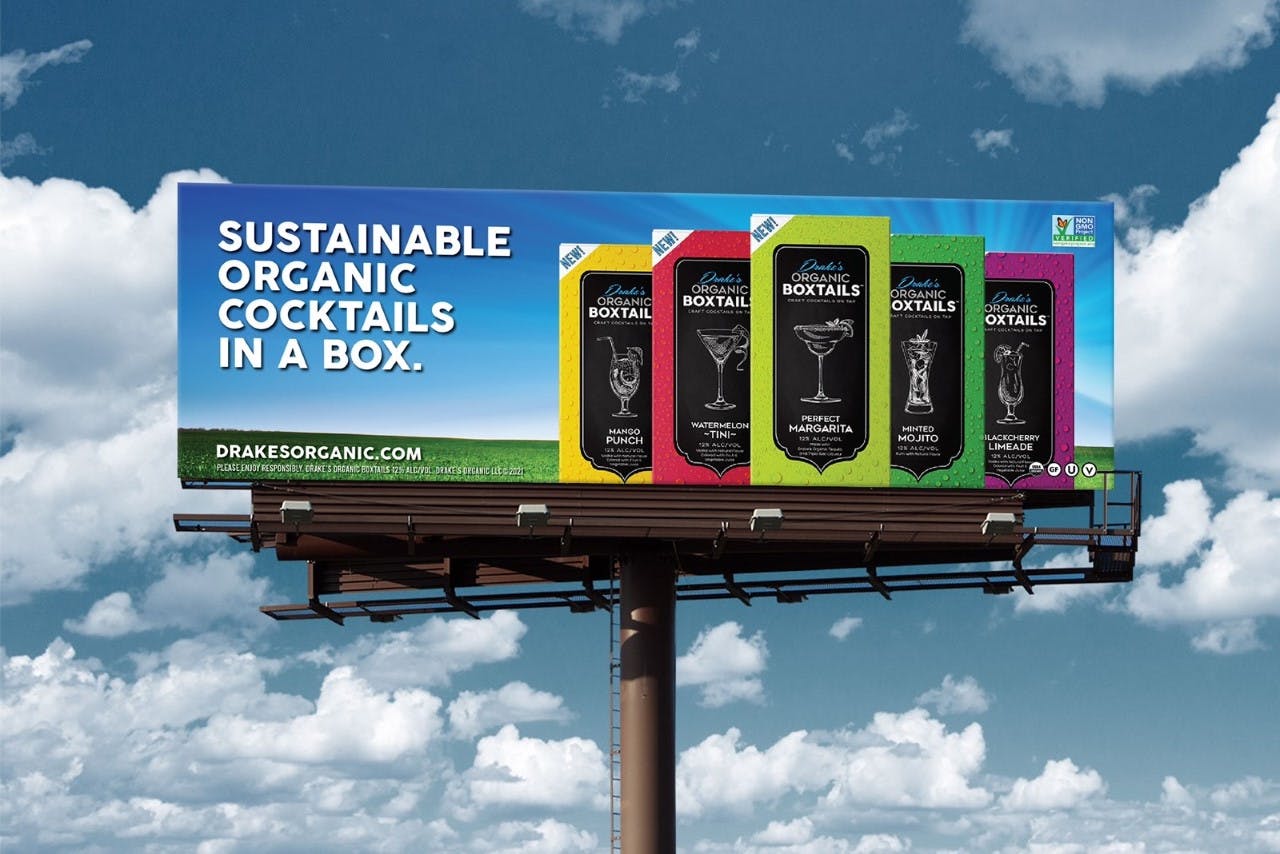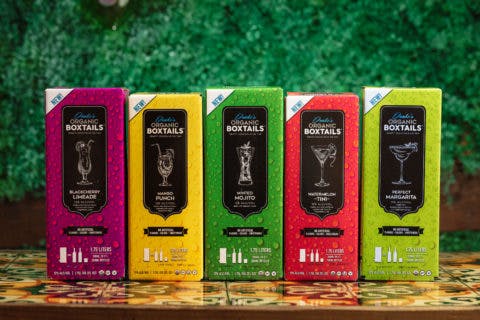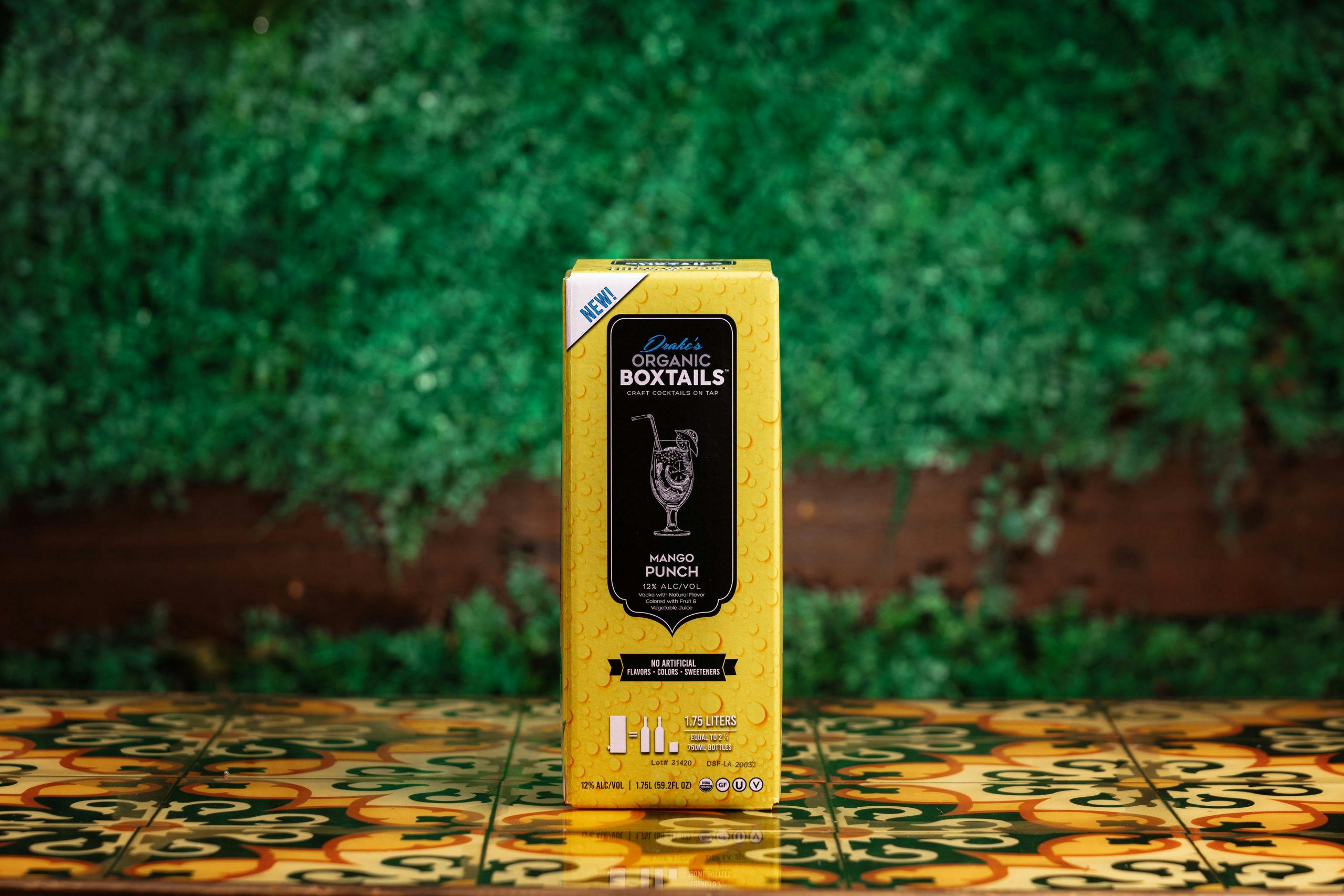What’s your favorite tipple when you sit down to eat your plant-based burger on a vegan bun with no-animal-products-added relish?
More importantly, are you sure your drink of choice is genuinely plant-based?
Many people just assume the beverages they’re quaffing with dinner are vegan, but they’re often not. Alcoholic drinks can contain ingredients such as honey, cream, isinglass (fish bladder), gelatin, carmine (derived from cochineal beetles), casein (from animal milk), and egg whites. These products are used for texture, filtering drinks, refining them, and making them look more appealing. But for the vegans among us, there’s nothing appealing about consuming animal products.
According to the Future of Drink Report from market research company Datassential, Chicago, 42% of consumers say they are interested in plant-based, alcohol-free versions of classic cocktails.
And that same 42 percent of consumers who drink alcohol, are also interested in vegan or plant-based cocktails, while 65% are interested in alcoholic drinks made with plant-based juices.
“By some definitions, most of the alcoholic beverage category is plant-based,” says Datassential trendologist Mike Kostyo, but a lot of making drinks more vegan-friendly “focuses on swaps consumers perceive to be healthier, or that give them permission to indulge, so that might mean swapping in oat milk in a cream-based cocktail, for instance,” he explains.
As luck would have it, beverage manufacturers are catching on.
Beer and cider, animal-free
For the most part, beer is vegan, though not always, as the process of clarifying beer often uses animal products.
In 2018, Guinness stopped filtering through isinglass (fish bladder), which it had been doing for more than 250 years. Last April, Heineken released a sustainable cider, Inch’s, which is vegan, and a watermelon and lime version of its Old Mout cider that’s vegan and gluten-free. Heineken’s beers are all plant-based.
It’s not just the big brands. Smaller breweries like Bellfield Brewery in Edinburgh and Toast Ale in London have vegan beers; the latter even uses leftover bread from local bakeries to keep food waste down.
Toast started in 2016 using isinglass but quickly switched to vegan alternatives, “that worked just as well,” says COO Louisa Ziane.
She explains that the vegan market is growing, “and not just serving vegans — many people are cutting back on meat and dairy consumption and looking for alternatives. As more people learn about the use of animal-based products, this greater awareness leads them to look for vegan-friendly beer.”
Going forward, she expects to see more vegan alcohol. “Because there’s no additional cost or compromise on taste, we’ll see more brands change recipes and processes to be vegan-friendly.”
Wine time for vegans
Many wines are clarified using the animal products we’ve already mentioned, but there are vegan wines and even fully vegan wineries out there.
Lumos Wine Company in Oregon makes wines that are vegan and organic; Red Truck Wines’ varietals are all vegan; and even Trader Joe’s private label “Two Buck Chuck” Charles Shaw wines are vegan.
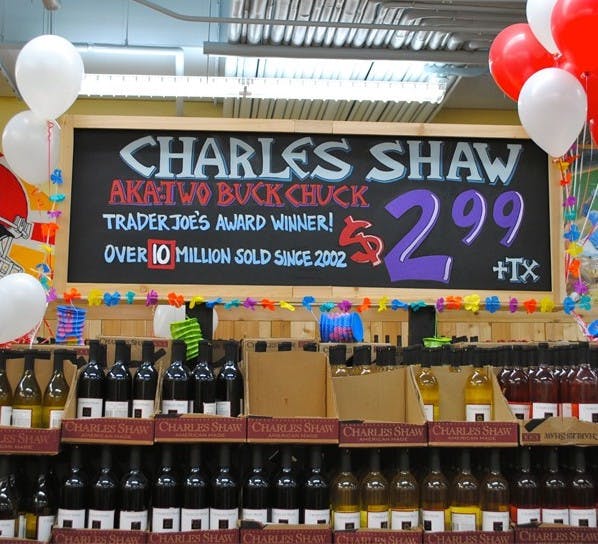
Most major British supermarkets also carry private label wines that are vegan, though they’re often not marketed as such. Examples include Sainsbury’s House Sauvignon Blanc; Cava Brut from Tesco; and Waitrose’s La Croix d’Ardit, a Bordeaux wine.
Last spring Marks & Spencer launched Found, a vegan wine range featuring 12 wines, and according to a news story, the retailer plans that all of its wines will be vegan by this year.
Plant-based spirits
While many spirits are vegan just because they don’t use any animal products, a couple of popular ones have reformulated in the past few years.
In 2017 Baileys launched Almande, made with soy and almond milk instead of cream, and Besos De Oro has also launched a couple of vegan liqueurs with tiger nut milk instead of cream.
But other recently launched brands cater to the trend of vegan beverages. Drake’s Organic Spirits debuted in 2018 and offers ultra-premium rum, vodka, “boxtails” including a mojito and a margarita version, plus mixers.
Founder, CEO and COO Mark Anderson knew from the start that he wanted to sell vegan beverages, mostly because they’re easier on the environment. He’s considered every aspect of his products and their impact on climate change, from how he sources products, to the ingredients, to the packages they’re sold in.
And so far, he owns the only spirits company whose products are certified vegan, and that’s because he doesn’t filter his beverages through charcoal, which can contain animal bone. Instead, he uses coconut fiber.
Drake’s beverages are available in 46 states and are sold everywhere, from Walmart to Costco, BevMo!, and large supermarket chains, to on-premise accounts such as the Ritz-Carlton and high-end restaurants.
As for who’s buying them, it’s consumers interested in health and wellness and, “anyone interested in voting with their dollar,” Anderson says, adding that the beverages are attractive not only to vegans but anyone who cares about the environment.
That sounds like a win-win. We can all feel better about ourselves while drinking plant-based beverages that also benefit the planet. Bottoms up!

